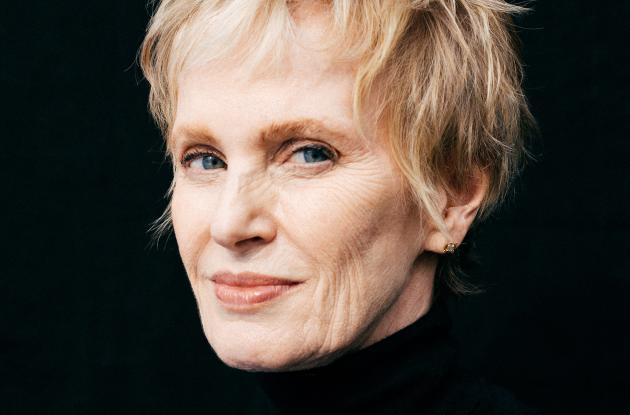Emma Holten and Bodil Skovgaard Nielsen on deficits and care work
How does our society value people and care work today? That's the starting point for tonight's conversation, when Emma Holten is on stage at an event exclusively for members of Students Only!
Get access via Students Only
This event is only for members of the Royal Danish Library's network for students, Students Only!
To gain access to the event, you must sign up for Students Only! Once you have signed up, you will receive an email with a purchase link after a few days.
It costs nothing to be a member of Students Only!
Important recognition of care work in society
Invisible care work, such as home care and cleaning work, is considered by politicians and economists to be a deficit business in the country's overall GDP. With Underskud (deficit), Emma Holten has focused on the lack of recognition of the invisible (but essential) work that we usually take for granted.
When Holten writes about the value of care, she draws on current debates about, for example, mental load and the many examples in pop culture, while her criticism of society's current economic models is rooted in both feminist and economic theory.
Economic profit and human deficit
Emma Holten writes sharply about the value of humans from an economic perspective. Based on the concept of feminist economics, Emma Holten questions whether it is necessary to price people's care work in line with paid work in order to value it in society. According to Holten, pricing is crucial. In a society where decisions are made with an eye on the effect on the bottom line, we need to be able to calculate everything - including care work - in order to make decisions on a correct basis.
Critics have written about Underskud (deficit)
It's quite a book to debut with. There's a bang for the buck to use an economic metaphor now. May her criticism of the lack of the care role in the economy have significance far and wide.
– Politiken ❤️ ❤️ ❤️ ❤️ ❤️ ❤️
Deficit is an important, well-written and highly topical work. With a characteristic mix of curiosity, sadness and humour, Holten exposes the view of humanity that underlies the stubborn notion of women, care and reproduction as one big loss-making business.
– ATLAS
The big spreadsheet
Society's lack of appreciation for care work particularly affects women, who have traditionally had – and still have – the most care functions in both the private and public sectors. The Ministry of Finance's economic calculation models show that women – as well as children, the disabled, the sick and the destitute – do not contribute positively to the country's productivity. One of society's biggest problems is simply that giving and receiving care is seen as something that simply cannot be paid for, Emma Holten points out. The individual is reduced to a number in the big spreadsheet.
Emma Holten has created a great debate with Underskud. This evening, the debate moves into The Queen's Hall, where Emma Holten will direct our attention to the inequality in the economic calculation models that make care work invisible. But also to the overall discussion: whether humans really need to be measured and weighed in order to have value.
Participants
Emma Holten
Emma Holten is a feminist activist, debater and lecturer, who has gained attention over the years, especially with the project Consent in 2014. Her activism touches on topics such as sexism, diversity, sexual violence and feminist economics.
Bodil Skovgaard Nielsen
Journalist, critic and literary reviewer at Information.



